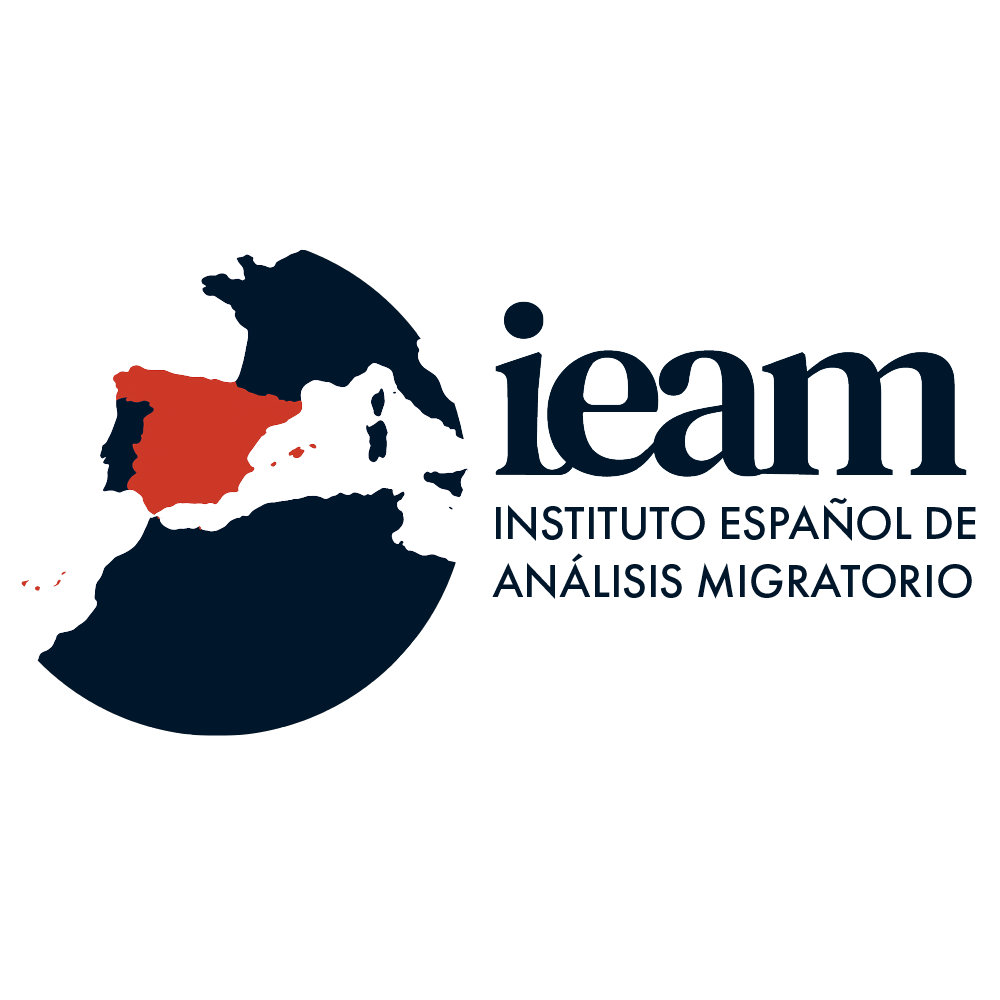Szeged (Hungary), September 24–25, 2025 – On the tenth anniversary of the 2015 migration crisis, the Hungarian city of Szeged becomes this week the epicenter of European migration debate. The MCC–MRI Summit brings together policymakers, researchers, and experts from Europe and the United States to examine the challenges of irregular migration and share lessons learned over the past decade.
In 2015, more than one million asylum seekers arrived in Europe from the Middle East and Africa. Hungary was among the first EU countries to tighten its border controls, a decision that drew criticism from European institutions and civil society organizations, but which, according to the Hungarian government, has influenced European political debate.
Over two days, government representatives, parliamentarians, and research centers will examine the impact of migration on security, demographics, and social cohesion, as well as the policies implemented to manage it. The agenda includes panels on Hungary’s experience, the role of the EU, trends in countries of origin—such as the Sahel, the Middle East, and the Horn of Africa—and the evolution of public discourse on migration.
Speakers include leading figures from Hungary, Germany, Italy, France, the United Kingdom, and the United States, as well as representatives from Spain. Notably, Beatriz de León Cobo, Director of the Spanish Institute for Migration Studies (IEAM), will participate in the session dedicated to the Sahel region, providing Spanish and European perspectives on the drivers of migration.
The summit, organized by the Mathias Corvinus Collegium (MCC) and the Migration Research Institute (MRI), aims to chart a roadmap to strengthen European cooperation on migration management and analyze how local and national policies influence the EU-level debate.

